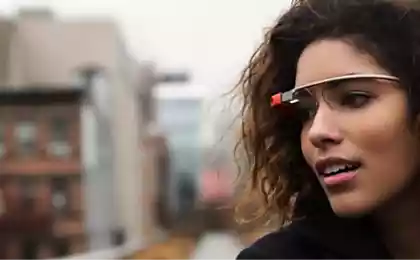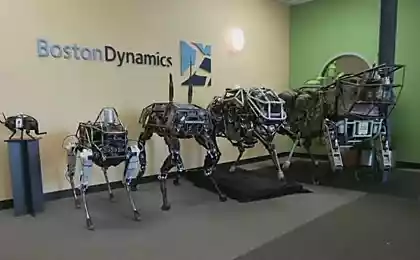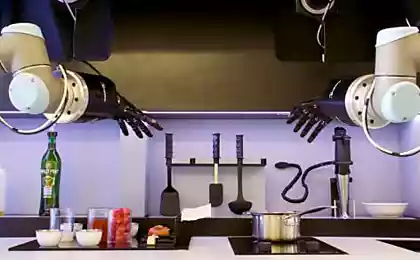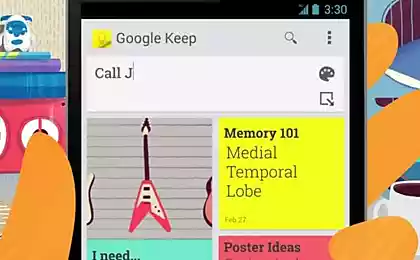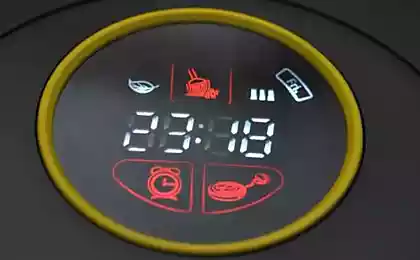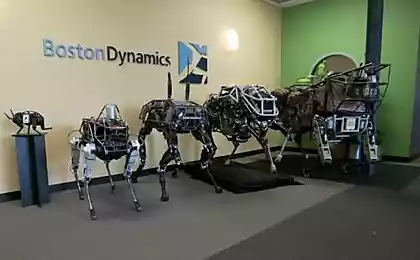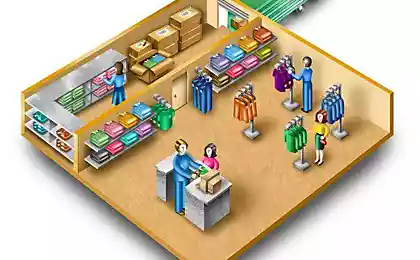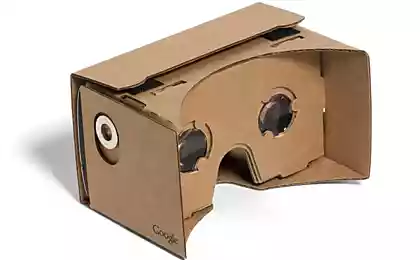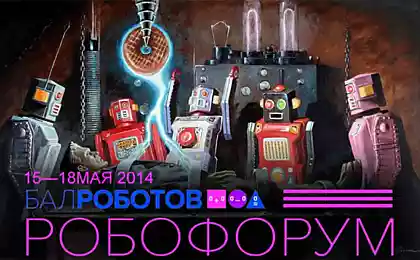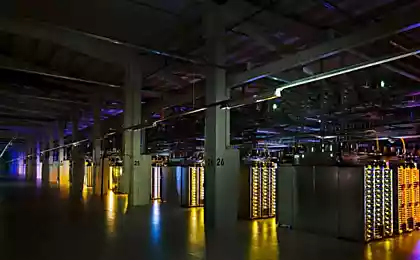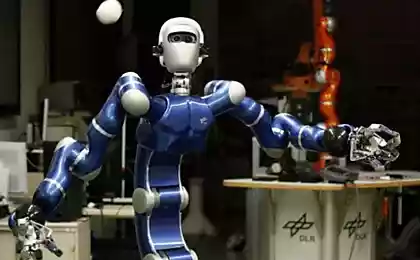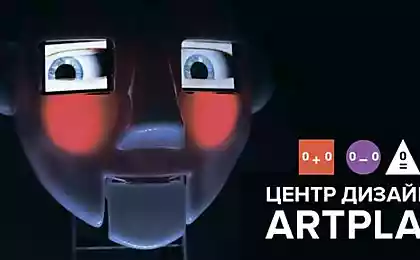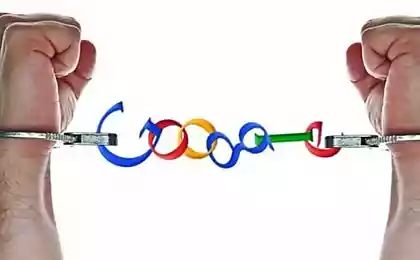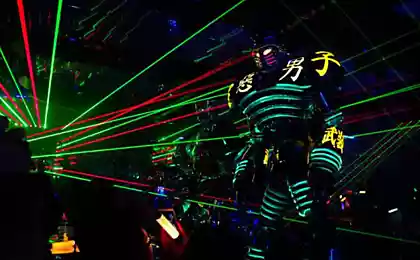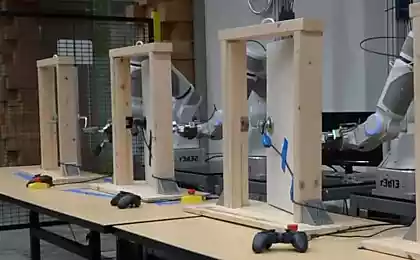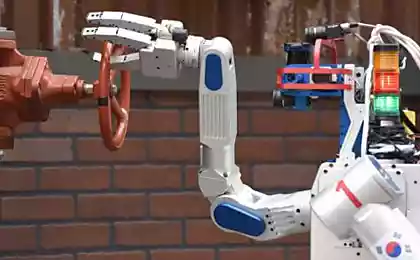534
Boston Dynamics proposes to use for shipping your robot SpotMini
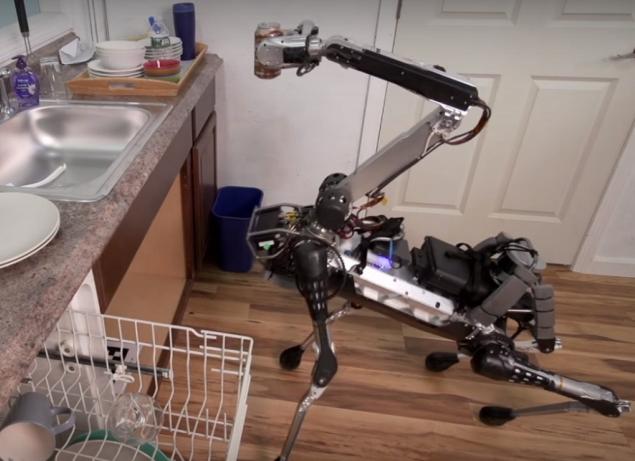
Delivery of goods and mail house service, which is now the major Telecom companies are trying to automate. In particular, it is proposed to deliver with the help of drones — such projects do Amazon, Google, and other companies. The last division, Boston Dynamics, recently held a demonstration of their robot called SpotMini. This robot, according to its developers, can deliver parcels and small cargo, but only for short distances.
The device, like many other developments, Boston Dynamics, has four "legs" with which the robot is controlled masterfully. The robot is equal to the size of a large dog, so too much space it takes. Its weight is 25 pounds, 30 — manipulator. SpotMini can up and down stairs, open doors and even pick up the Laundry from the washing machine after the machine is washed. Can he and the dishes put in the dishwasher. However, all tasks SpotMini performs only under operator control.
For most operations, the robot uses the arm attached to his neck. Of course, with too complicated tasks SpotMini't make it, but the simplest task of its owner it can perform quite. Robot automated only partially — he could show a little independence, but in most cases it is controlled. However, it can navigate in space, identifying obstacles and planning the most convenient way into the room. Having received the command, he at the demonstration was able to take a can of drink from the table.
The robot is almost not afraid of falling. Stepping on a banana peel and "feeling" the inevitable fall, the robot is grouped, and does it pretty quickly. After that, the drop is no problem.
In some cases, the robot of this type can replace the wheel system. This applies in particular to areas with difficult terrain where the wheels for the movement approach is not enough. The development of such devices is expensive, in some cases, the creation of the robot costs $1 million and more.
SpotMini can take from the counter (or kitchen sinks) the dirty dishes and put it in the dishwasher. The robot is able to play, as do dogs. The system is equipped with several sensors and sensors, including a depth camera, gyroscope, sensors of proprioception (in this case, the sensor contact with the object). Manipulator-neck is also equipped with a gyroscope, so the robot can keep the "head" on the same level, regardless of body movements. This behavior is typical for birds, including chickens. If the body of the chicken to hold in hands, moving in different directions, the head will stay at one point. "Eyes" installed in order for the robot to look friendly.
Representatives of Boston Dynamics suggests that robots can be used not only in industry but also in everyday life. To this end, the unit Google is developing a variety of robot models. Spot Mini has shown the ability to open heavy doors with handles bizarre. He was also tested by the company in the role of the packman packages. In particular, Spot Mini delivered multiple packages to residents of Boston. "Many talk about delivering with drones. But why not use a robot with legs-manipulators?", says Boston Dynamics CEO Marc Raibert.
Interestingly, at the moment, the division of Google led by Raberto does not use machine learning. But in the future, says, Reibert, the situation may change, and the company will start working with a weak form of artificial intelligence.
As for the future, Reibert did hint as to what the company is going to do in the near future. In particular, it will facilitate their systems to make them more energy efficient and versatile. The developers now develop new versions of Spot and Atlas.
The company originally worked on a concept robot that could prove useful to the military. In particular, was developing a robot that can use military (to carry the ammunition, for example).
Boston Dynamics was acquired by Google in 2013. After the takeover, the new owner — Google did not hinder the work of employees under current contracts with DARPA. But the management of Google decided to use the capabilities of Boston Dynamics for production of robots for the consumer market. Perhaps SpotMini is the "home" system that will be used in the home in the near future.
Not so long ago Google has cancelled plans to launch sales samebecause robotic manipulators. As it turned out, robots of this type have not passed the "toothbrush test". Here is a positive thing that Google has not abandoned entirely his project. It works, although the robots are not sold.
The principle of the "toothbrush" as applied to company policy is: "Google needs to produce a system that can use hundreds of millions or billions of people". The decision on the introduction of such a principle was adopted at the end of 2015. Now it is not clear yet if Google will make products of Boston Dynamics, a mass or is it more specialized project.
Source: geektimes.ru/post/283572/
